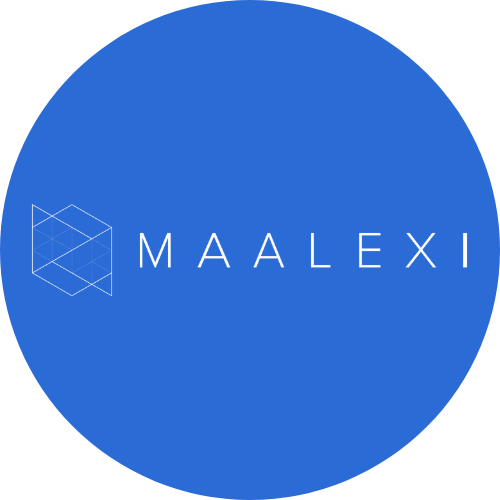
LA Token
LAToken is a global cryptocurrency exchange established in 2017, headquartered in Malta. It offers trading options for a wide array of digital assets, with a particular focus on providing liquidity for new tokens and facilitating Initial Exchange Offerings (IEOs).
The exchange offers several key trading services, including spot trading, crypto-to-crypto margin trading, and perpetual contracts. Beyond traditional trading, LAToken supports staking programs, enabling users to earn rewards on their holdings, and features a non-fungible token (NFT) marketplace. The platform boasts a significant number of listed cryptocurrencies catering to both popular and lesser-known altcoins.
It has its own native utility token, LA (an ERC-20 token), which is used for various functions on the platform, such as paying trading fees, often at a discounted rate, and participating in certain platform-specific activities.
LAToken serves as a comprehensive cryptocurrency exchange where users can engage in spot trading across a wide selection of digital assets and also explore crypto-to-crypto margin trading and perpetual contracts for more advanced strategies.
Project Information
Related Projects

Quarter Homes is a real estate technology company that modernizes vacation home ownership through a fractional, co-ownership model. It aims to make owning a second home more accessible and affordable by allowing up to four parties to collectively purchase and own a property. Quarter Homes manages the entire lifecycle of the property, including all legal, financial, and property management complexities, to provide a seamless, hassle-free experience.
The company’s innovative model incorporates the Hedera blockchain network, which underpins its operational framework. For each property, a unique LLC is established, and the legal ownership interest is divided into fractions represented as non-fungible tokens (NFTs) on the Hedera Token Service (HTS). This provides each owner with a verifiable, digital proof of ownership.
Quarter Homes leverages the Hedera Consensus Service (HCS) to create a transparent and immutable log of all activities associated with the property. This includes governance, maintenance activities and scheduling, ensuring all parties have a trusted and shared view of the property's status and history.

Maalexi is an AI-powered B2B marketplace for agricultural products dedicated to helping small and medium-sized businesses trade across borders. With offices in the US, UAE, and India, Maalexi is building a global digital ecosystem for the food and agriculture sector.
The company's platform provides a range of services designed to de-risk and streamline international trade. These include an AI-driven sales engine, AI-powered quality inspections, and "SMART Track & TRACe" for real-time shipment monitoring. Maalexi also offers innovative solutions such as "Warehouse Stock & Sell," where they purchase and store goods, and "Procurement at Origin," which allows buyers to acquire products directly from the source.
Maalexi uses the Hedera Consensus Service to create an immutable and verifiable log of all business transactions and documents. This includes everything from digitally signed legal contracts and invoices to quality and quantity acceptances. By hashing these critical documents and recording them on the Hedera public ledger, Maalexi provides a high degree of security and transparency, which in turn helps to build trust between buyers and sellers.

Coming soon..

Fireblocks is an enterprise-grade platform that provides secure infrastructure for moving, storing, and issuing digital assets. Founded in 2018 and headquartered in New York, it has become a leading provider of digital asset custody, transfer, and settlement technology for a wide range of financial institutions, including banks, hedge funds, and crypto exchanges.
The core of Fireblocks' service is its institutional-grade platform that combines multi-party computation (MPC) with hardware isolation to create a highly secure environment for managing digital assets. The platform also features the Fireblocks Network, a secure and efficient network for connecting with over 1,800 liquidity partners, trading venues, and counterparties.
Fireblocks is deeply integrated with the Hedera network, providing comprehensive support for HBAR and other Hedera-based assets. It also supports the Hedera EVM, enabling clients to interact with Hedera-based smart contracts and decentralized applications. Furthermore, the Hedera Guardian, an open-source platform for ESG assets, can be integrated with Fireblocks, allowing for the secure, remote signing of transactions.
